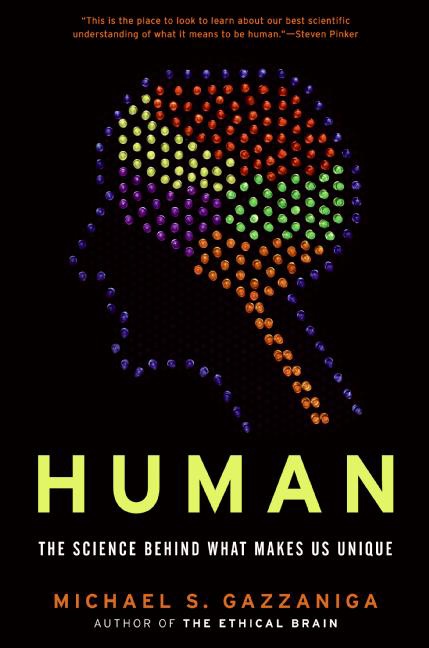Nicodemus
New member
- Joined
- Aug 2, 2010
- Messages
- 9,756
Kant was wrong, too.
Kant was wrong, too.
Kant was wrong, too.
You're conflating two distinct senses of the word "good." There's good in the moral sense and good in the sense of pleasantness. That there's a difference between the two is clear from the fact that morals frequently direct people to forgo pleasure.Magic Poriferan said:Human beings (I assume all sentient beings) have a concept of good and experience something to the effect of happiness.

I think it is supposed to follow from the idea that this someone created morality itself and put himself in charge of it.How does the conclusion that someone has absolute moral authority over you follow from the premise that they created you? It doesn't.
You're conflating two distinct senses of the word "good." There's good in the moral sense and good in the sense of pleasantness. That there's a difference between the two is clear from the fact that morals frequently direct people to forgo pleasure.
Yes, I think so. However, if certain things appear moral to us because someone designed us to experience them as moral, then morality appears not to be intrinsic to the nature of reality. Morality instead appears to be a product of our creator's whim, since he might have given us a different set of scruples or no scruples at all.Nicodemus said:I think it is supposed to follow from the idea that this someone created morality itself and put himself in charge of it.
Yes, I think so. However, if certain things appear moral to us because someone designed us to experience them as moral, then morality appears not to be intrinsic to the nature of reality. Morality instead appears to be a product of our creator's whim, since he might have given us a different set of scruples or no scruples at all.
A morality that is designed and chosen is not an objective and binding morality, regardless of who it is that does the choosing and designing. And if such a morality existed, it would positively demonstrate a lack of inherent objectivity in morality. It would be one case of morality existing as a free creation rather than as a binding given. The argument that morals are objective because they were created by God proves the opposite point.
The fact is that these people experience their actions as righteous ones. This demonstrates that the perception of an act's moral goodness is distinct from the perception of an act's ability to provoke happiness.Magic Poriferan said:And I know some peoples' ethical schemes make them forgo their own and other peoples' happiness, and I look down on their ethical schemes. It may be the ethical scheme they try to follow, but it doesn't mean I think their actions are actually moral ones. I am passing a moral judgment on what they consider to be ethical.
True enough. But not being able to identify/locate objective morality doesn't make a strong case for it existing either (rather the contrary IMO).The inability of mankind to locate, idetify or adhere to an objective morality does not disprove it.
